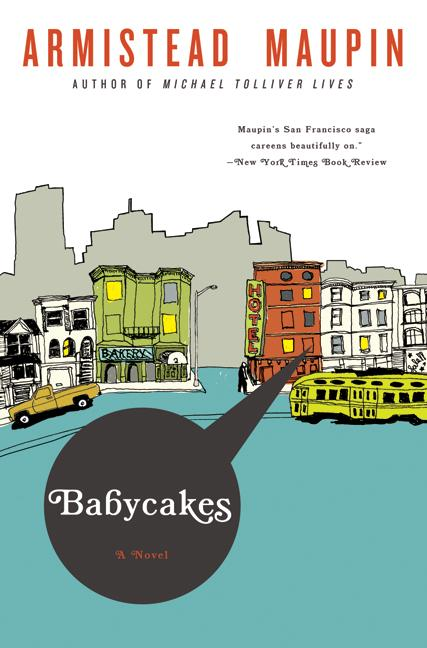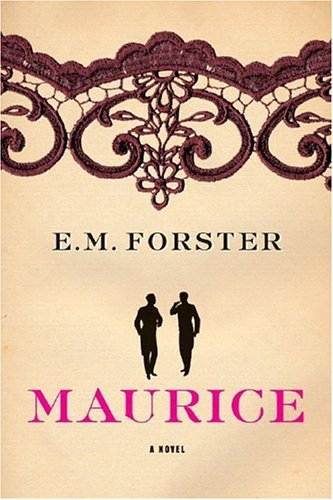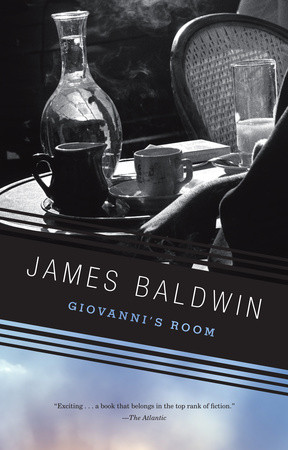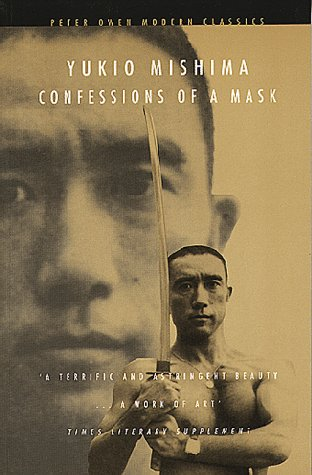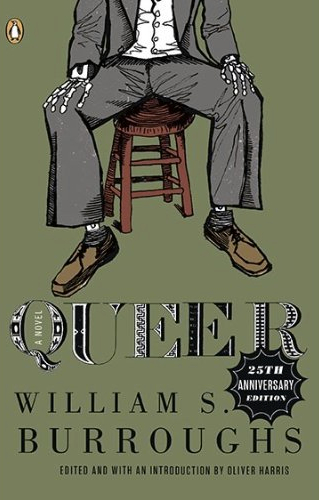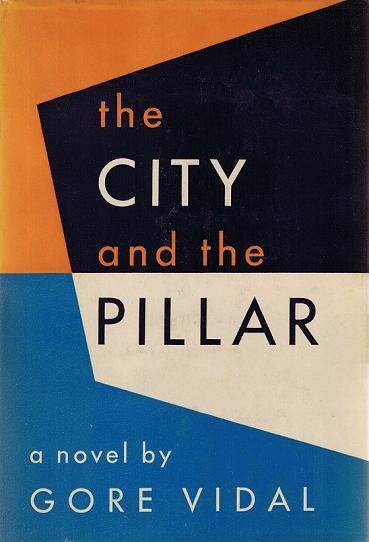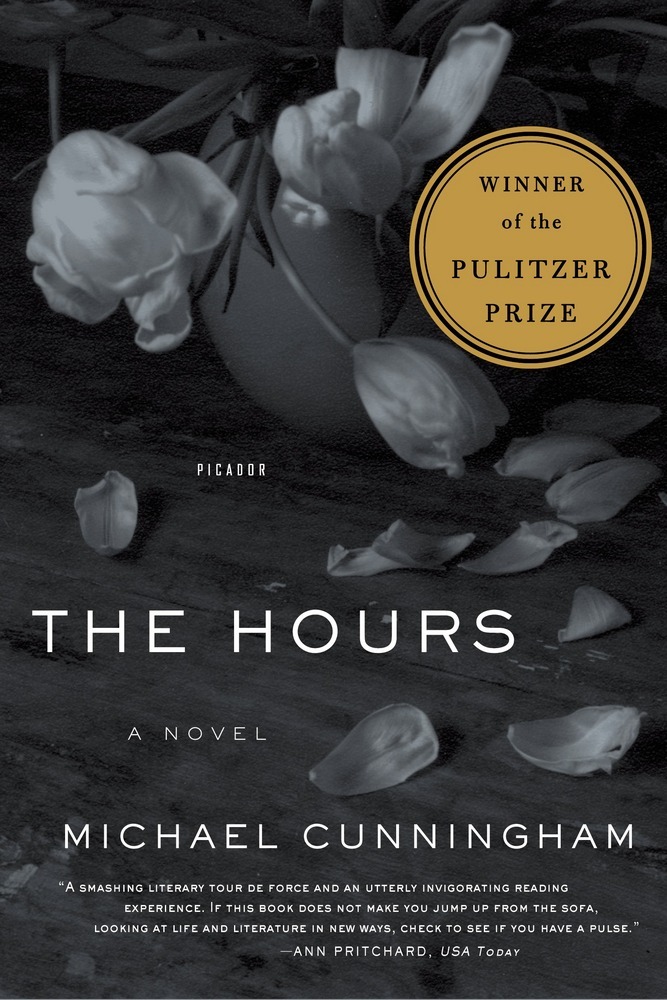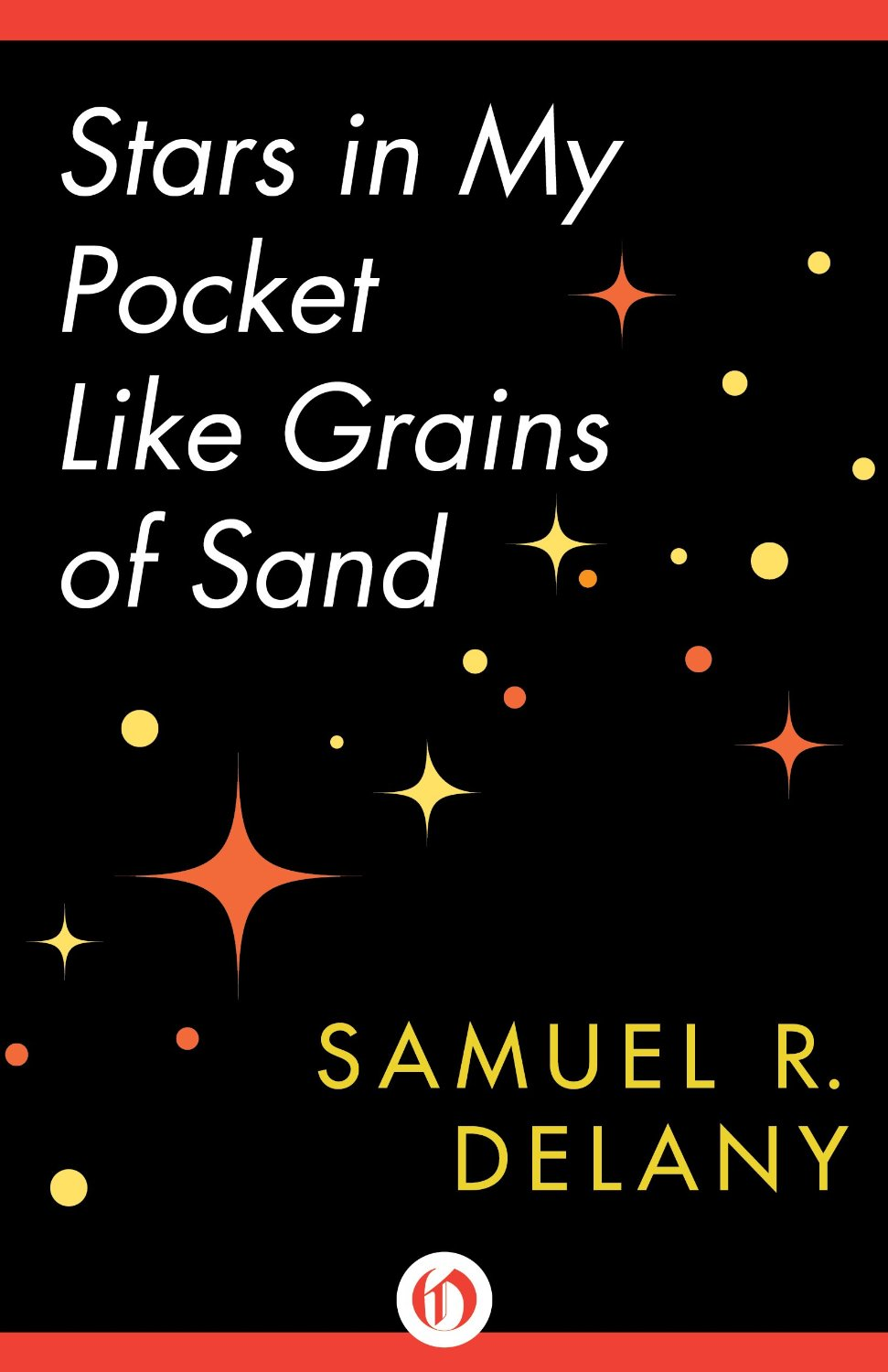PRIDE is here! For the month, and in celebration of LGBTQ communities everywhere, we at Off the Shelf have decided to compile a small list of essential gay novels any serious reader should have on their shelf. For this list, we’ve chosen to focus on gay men and their desires. Oh, some are macabre, some playful, and some need to be read with tissues nearby. But don’t you worry, because they’re all one thing: Wonderful!
If PRIDE had a Library: 8 Gay Novels to Impress Your Date
When an ordinary househusband and his ambitious wife decide to start a family, they discover there's more to making a baby then meets the eye. Help arrives in the form of a grieving gay neighbor, a visiting monarch, and the dashing young lieutenant who defects from her yacht. Bittersweet and profoundly affecting, Babycakes was the first work of fiction to acknowledge the arrival of AIDS.
When an ordinary househusband and his ambitious wife decide to start a family, they discover there's more to making a baby then meets the eye. Help arrives in the form of a grieving gay neighbor, a visiting monarch, and the dashing young lieutenant who defects from her yacht. Bittersweet and profoundly affecting, Babycakes was the first work of fiction to acknowledge the arrival of AIDS.
We follow Maurice through public school and Cambridge, and into his father's firm. In a highly structured society, Maurice is a conventional young man in almost every way—except that he is homosexual. Written during 1913 and 1914, immediately after "Howards End", and not published until 1971, "Maurice" was ahead of its time in its theme and in its affirmation that love between men can be happy.
We follow Maurice through public school and Cambridge, and into his father's firm. In a highly structured society, Maurice is a conventional young man in almost every way—except that he is homosexual. Written during 1913 and 1914, immediately after "Howards End", and not published until 1971, "Maurice" was ahead of its time in its theme and in its affirmation that love between men can be happy.
Set in the 1950s Paris of American expatriates, liaisons, and violence, a young man finds himself caught between desire and conventional morality. James Baldwin’s now-classic novel creates a moving, highly controversial story of death and passion that reveals the unspoken complexities of the human heart.
Read a Classic by an Author of Color
Set in the 1950s Paris of American expatriates, liaisons, and violence, a young man finds himself caught between desire and conventional morality. With a sharp, probing imagination, James Baldwin’s now-classic narrative delves into the mystery of loving and creates a moving, highly controversial story of death and passion that reveals the unspoken complexities of the human heart.
"Confessions of a Mask" is the story of an adolescent who must learn to live with the painful fact that he is unlike other young men. Mishima's protagonist discovers that he is becoming a homosexual in polite, post-war Japan. To survive, he must live behind a mask of propriety. A classic of modern Japanese fiction.
"Confessions of a Mask" is the story of an adolescent who must learn to live with the painful fact that he is unlike other young men. Mishima's protagonist discovers that he is becoming a homosexual in polite, post-war Japan. To survive, he must live behind a mask of propriety. A classic of modern Japanese fiction.
For more than three decades, while its writer's fame increased, "Queer" remained unpublished because of its forthright depiction of homosexual longings. Set in the corrupt and spectral Mexico City of the forties, "Queer" is the story of William Lee, a man afflicted with both acute heroin withdrawal and romantic and sexual yearnings for an indifferent user named Eugene Allerton. The narrative is punctuated by Lee's outrageous "routines" — brilliant comic monologues that foreshadow "Naked Lunch" —yet the atmosphere is heavy with foreboding.
For more than three decades, while its writer's fame increased, "Queer" remained unpublished because of its forthright depiction of homosexual longings. Set in the corrupt and spectral Mexico City of the forties, "Queer" is the story of William Lee, a man afflicted with both acute heroin withdrawal and romantic and sexual yearnings for an indifferent user named Eugene Allerton. The narrative is punctuated by Lee's outrageous "routines" — brilliant comic monologues that foreshadow "Naked Lunch" —yet the atmosphere is heavy with foreboding.
A literary cause célèbre when first published more than fifty years ago, Gore Vidal’s now-classic "The City and the Pillar" stands as a landmark novel of the gay experience.
A literary cause célèbre when first published more than fifty years ago, Gore Vidal’s now-classic "The City and the Pillar" stands as a landmark novel of the gay experience.
In "The Hours," Michael Cunningham, widely praised as one of the most gifted writers of his generation, draws inventively on the life and work of Virginia Woolf to tell the story of a group of contemporary characters struggling with the conflicting claims of love and inheritance, hope and despair. The narrative of Woolf's last days before her suicide early in World War II counterpoints the fictional stories of Samuel, a famous poet whose life has been shadowed by his talented and troubled mother, and his lifelong friend Clarissa, who strives to forge a balanced and rewarding life in spite of the demands of friends, lovers, and family. The basis for the movie starring Nicole Kidman and Ed Harris.
This Pulitzer Prize–winning novel turned Oscar-winning film is a profound story of how three generations of women were transformed by Virginia Woolf’s distinguished work Mrs. Dalloway.
"Stars in My Pocket Like Grains of Sand" is a science fiction masterpiece, an essay on the inexplicability of sexual attractiveness, and an examination of interstellar politics among far-flung worlds. First published in 1984, the novel's central issues—technology, globalization, gender, sexuality, and multiculturalism—have only become more pressing with the passage of time.
"Stars in My Pocket Like Grains of Sand" is a science fiction masterpiece, an essay on the inexplicability of sexual attractiveness, and an examination of interstellar politics among far-flung worlds. First published in 1984, the novel's central issues—technology, globalization, gender, sexuality, and multiculturalism—have only become more pressing with the passage of time.

